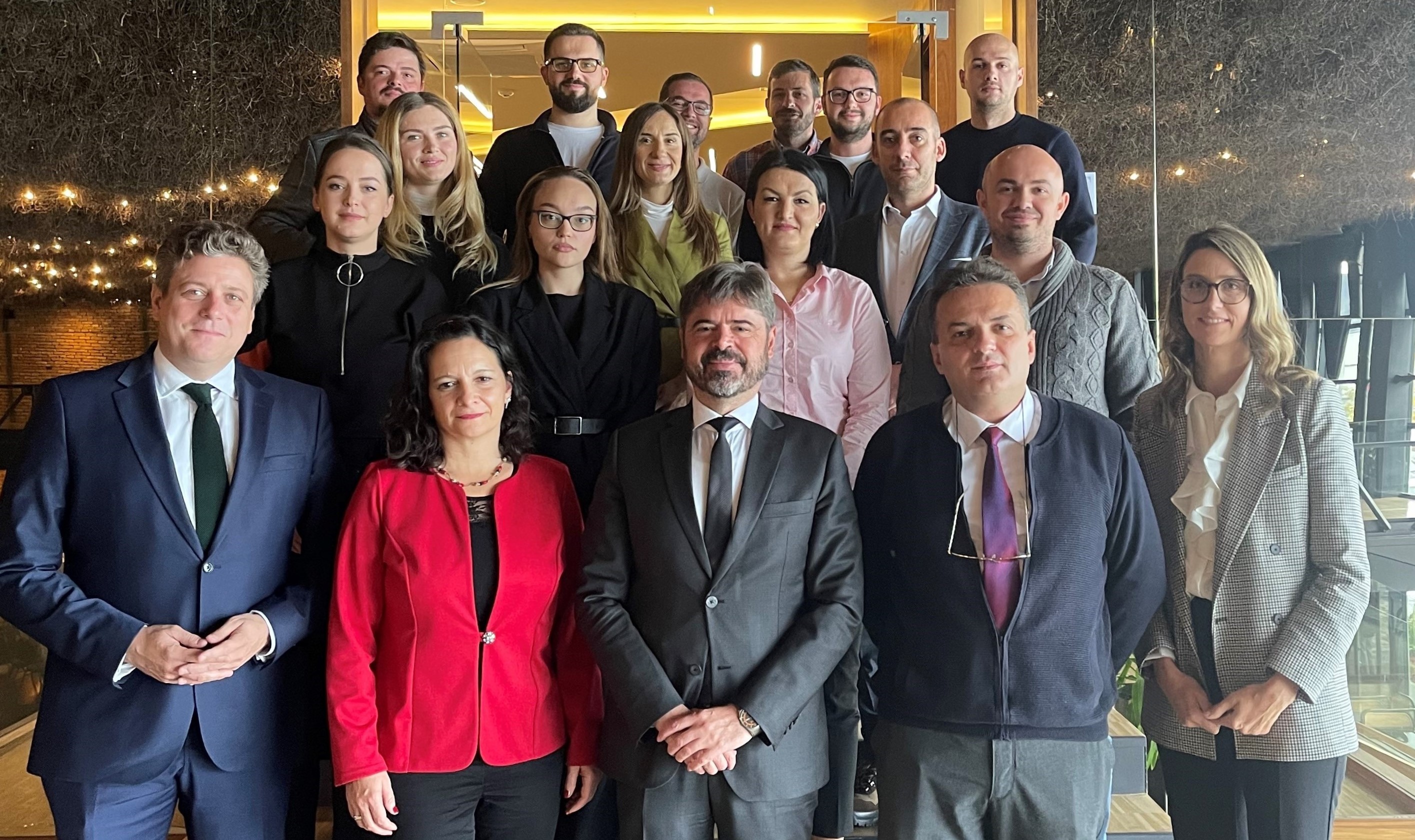Following the adoption of the Guidelines for Occupational Therapy (OT), as well as the Training of Trainers (ToT) on OT that took place in January 2024, three 2-day cascade training sessions were organised in the course of February and March 2024. Fifty professionals, mainly from the Prison Health Department, along with representatives from the Correctional Services, Institute for Forensic Psychiatry, and the Special Institute for Persons with Mental and Physical Disabilities, were trained on this important form of therapy.
To complement the theoretical aspects and provide the trainees with practical knowledge, some of the sessions were conducted in the Dubrava Prison, in a section which houses prisoners with both mental and somatic problems. This on-site training allowed the participants to observe and understand the application of OT principles in a real-life setting, thus enhancing their learning experience by connecting theory and practice.
These cascade training sessions allowed the participants to further improve their skills in applying the OT Guidelines and tools in prisons and other closed institutions, a concept which was thus far not utilised in a structured manner. Furthermore, training healthcare and correctional professionals together helps them further strengthen the inter-institutional cooperation in the treatment and rehabilitation of some of the most vulnerable members of the society.
Each of these sessions were facilitated by two trainers who had participated in the ToT in January and were supervised and mentored by a Council of Europe consultant who has been involved in the process since the very beginning, thus further strengthening institutional capacity to provide training.
The activity was conducted under the auspices of the Council of Europe project “Improvement of the treatment of persons deprived of liberty”.
*All references to Kosovo, whether to the territory, institutions, or population, in this text shall be understood in full compliance with United National Security Council Resolution 1244 and without prejudice to the status of Kosovo.




